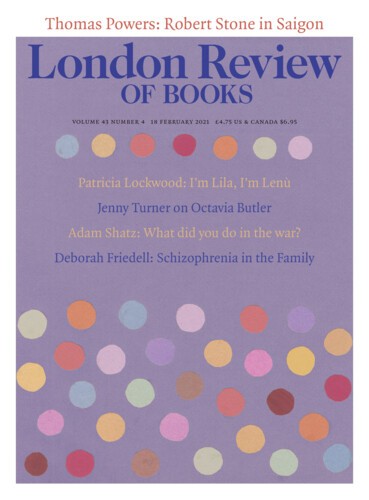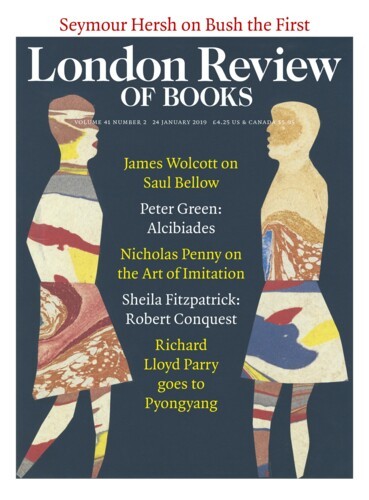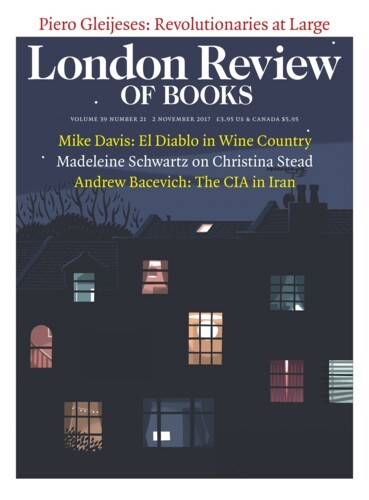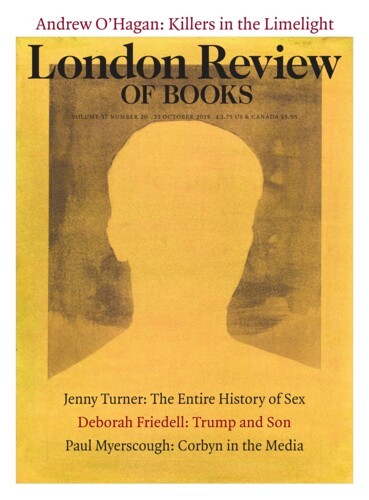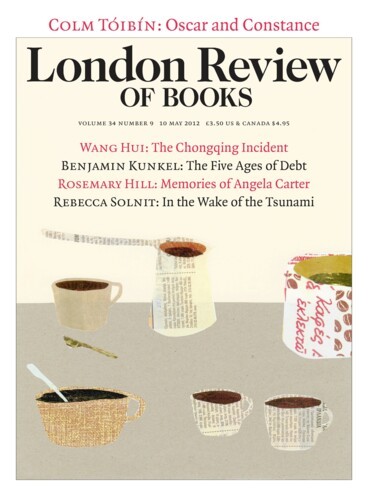Motorised Youth Rebellion: Radical LA
Andy Beckett, 18 February 2021
Los Angeles is often imagined as a place where fun and culture happen but politics doesn’t. Since it first became a big city in the early 20th century, only a few of its political events have received global attention: the city’s deadly riots in 1965 and 1992; the formative years spent in southern California by Richard Nixon and Ronald Reagan, and the region’s postwar...
